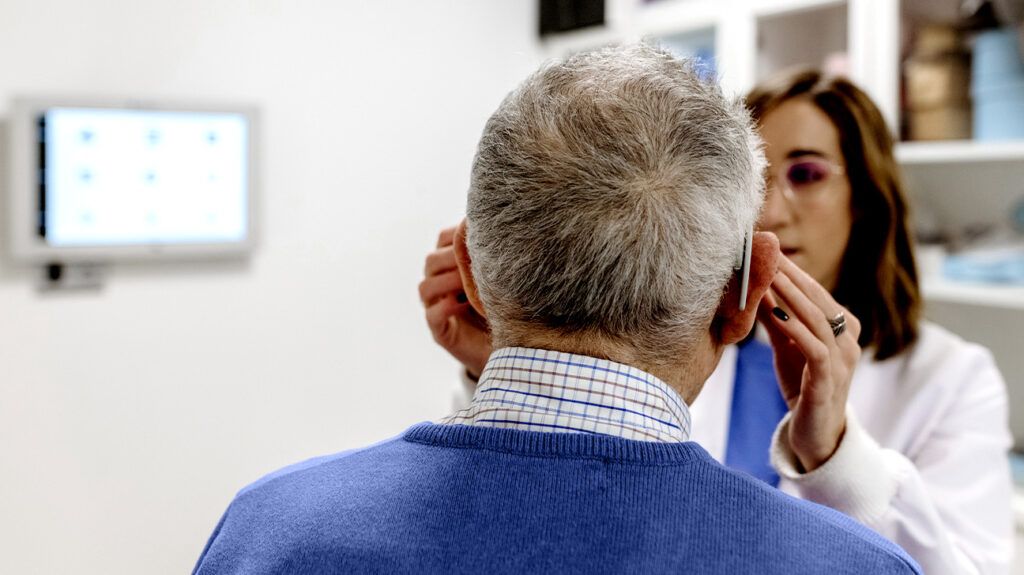New Insights into Reducing Liver Cancer Risk for Individuals with Hepatitis B

Groundbreaking research reveals how combining statin therapy with traditional HBV treatments may lower liver cancer risk by targeting immune dysregulation and environmental carcinogen pathways. Read more about new strategies for preventing hepatocellular carcinoma in hepatitis B patients.
Recent research has uncovered new mechanisms by which hepatitis B virus (HBV) infection contributes to the development of liver cancer, particularly hepatocellular carcinoma (HCC). While HBV itself does not directly cause liver inflammation or cancer, it plays a role in exacerbating liver inflammation and increasing susceptibility to environmental carcinogens. This heightened risk is especially relevant for individuals exposed to carcinogens such as tobacco smoke, processed meats, fried foods, and alcohol.
A team from Mass General Brigham utilized mouse models to investigate these interactions. Their findings revealed that HBV infection, combined with exposure to carcinogens like diethylnitrosamine (DEN), leads to a significant upregulation of interleukin-33 (IL-33), an inflammatory molecule closely linked to liver cancer development. Importantly, treatment with pitavastatin, a statin drug, was effective in suppressing IL-33 expression and reducing the risk of chronic hepatitis and cancer.
Extending their findings to human data, researchers observed elevated IL-33 levels in patients with HBV-associated hepatitis compared to healthy individuals. Analyzing a vast dataset of over 200 million patients, they noted a decreased risk of liver disease and cancer among those treated with statins compared to those on other cholesterol-lowering drugs. These insights suggest that combining traditional HBV therapies, like entecavir, with statins could potentially enhance patient outcomes by targeting immune dysregulation and carcinogen pathways.
"Our research sheds light on the complex relationship between HBV infection and environmental carcinogens, highlighting pathways that lead to immune dysregulation and cancer. We propose that adding statin therapy could be an effective strategy for reducing liver cancer risk in HBV patients," said Dr. Shawn Demehri, the study's lead author.
The study emphasizes the importance of managing environmental exposures and considering immune-modulating treatments for patients with chronic HBV infection to mitigate the risk of liver cancer. Overall, these findings open new avenues for preventative strategies and targeted therapies against HBV-related liver cancer.
Source: https://medicalxpress.com/news/2025-06-ways-liver-cancer-people-hepatitis.html
Stay Updated with Mia's Feed
Get the latest health & wellness insights delivered straight to your inbox.
Related Articles
Routine Eye Exams Could Detect Early Signs of Alzheimer’s Disease
Emerging research suggests that routine eye exams, focusing on the retina, could potentially help detect early signs of Alzheimer’s disease, paving the way for earlier diagnosis and intervention.
Different Types of Hormone Therapy Affect Memory in Postmenopausal Women, Study Shows
A new study reveals that the type of estradiol-based hormone therapy used during menopause can influence different types of memory in women, highlighting the importance of personalized hormone treatment for brain health.
Impact of Vape Liquid Exposure in Utero on Fetal Skull Development
New studies suggest that non-nicotine vaping liquids may alter fetal skull development, raising concerns about safety during pregnancy. Research on mice shows narrower skulls and facial features in offspring exposed in utero.
New Insight into Fat Cells: Internal Receptors Regulate Lipolysis
Scientists have uncovered that fat cells possess internal receptors that self-regulate fat breakdown, revealing a new intracrine signaling mechanism with potential therapeutic implications for metabolic diseases.



